Movies Over 4 Hours That Are Worth Every Minute
Ultra-long movies, often exceeding four hours, may seem daunting at first glance. However, these films frequently offer profound storytelling and cinematic artistry that justify their extended runtimes. From epic historical dramas to intricate character studies, such films provide immersive experiences that resonate long after the credits roll. Exploring these lengthy masterpieces can reveal the depth and richness that longer narratives can offer.
1. Gone with the Wind (1939)
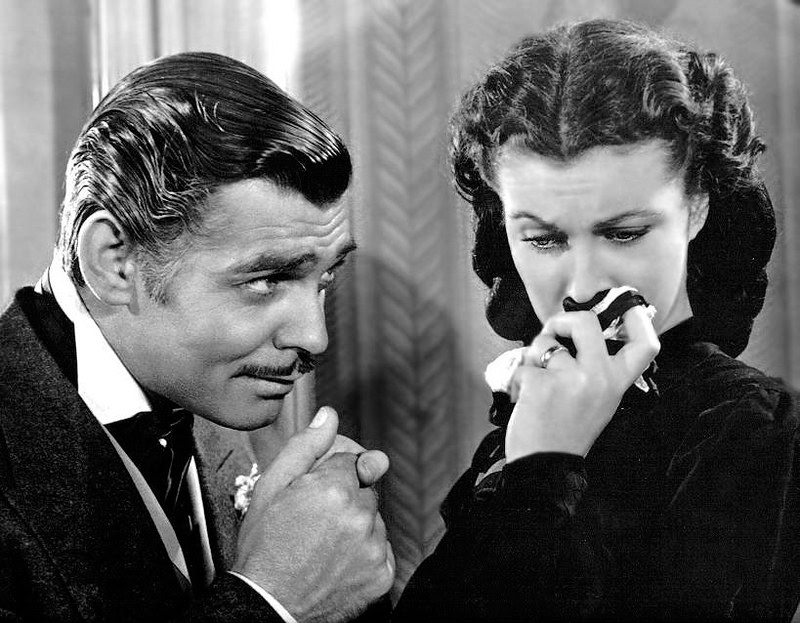
Gone with the Wind is a 1939 American epic historical romance film adapted from Margaret Mitchell’s 1936 novel. The film’s original runtime is 221 minutes, but with the inclusion of overtures, intermission, entr’acte, and exit music, it extends to approximately 234-238 minutes. (en.wikipedia.org)
Upon its release, the film received generally positive reviews. At the 12th Academy Awards, it won eight competitive awards, including Best Picture, Best Director for Victor Fleming, Best Actress for Vivien Leigh, and Best Supporting Actress for Hattie McDaniel, who became the first African American to win an Oscar. (oscars.org) Despite its length, the film’s epic storytelling and cultural impact have solidified its status as a classic in American cinema.
2. Lawrence of Arabia (1962)
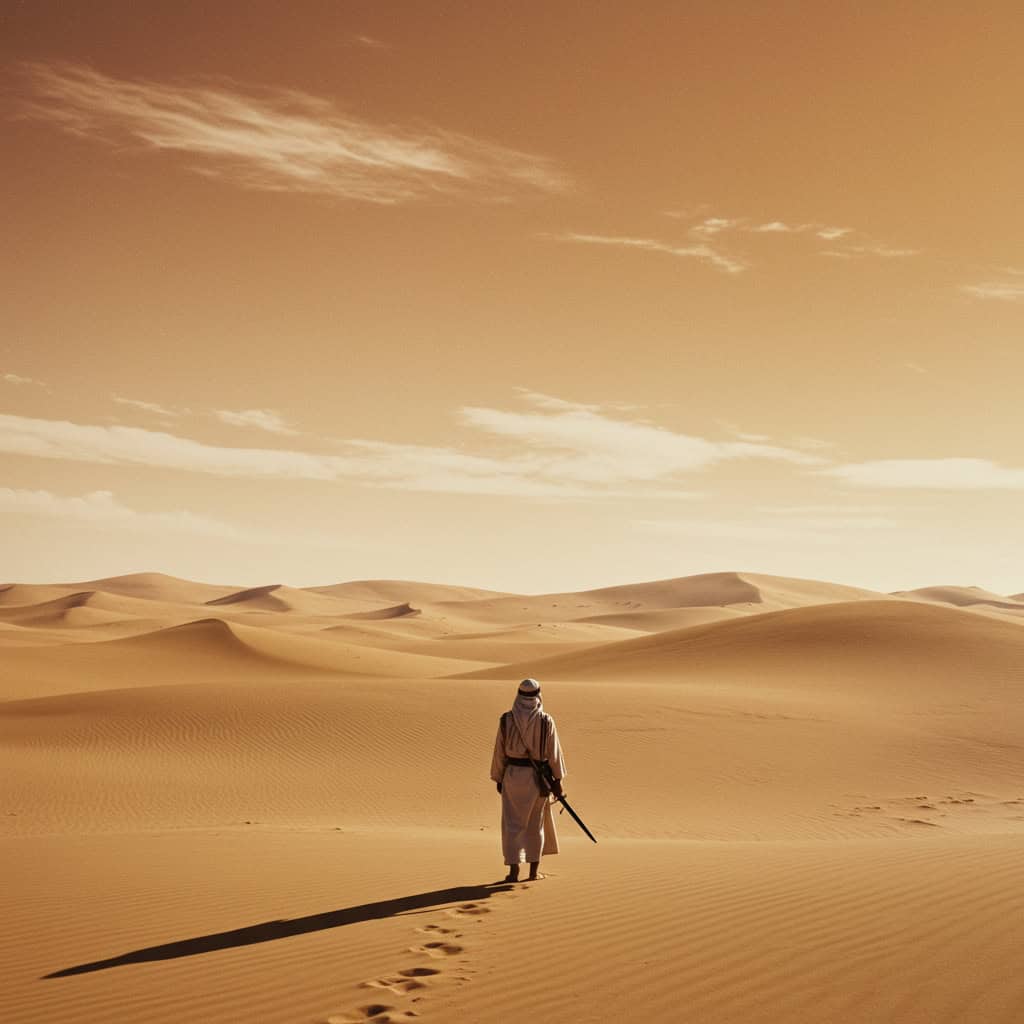
Lawrence of Arabia is a 1962 epic biographical adventure drama directed by David Lean, with a runtime of 222 minutes, plus overture and intermission. The film’s cinematography, captured by Freddie A. Young, showcases the vastness and beauty of the Arabian desert, setting new standards for visual storytelling. (classics-authority.com) Peter O’Toole’s portrayal of T.E. Lawrence is widely acclaimed, with strong performances from Alec Guinness as Prince Faisal and Omar Sharif as Sherif Ali.
3. Once Upon a Time in America (1984)
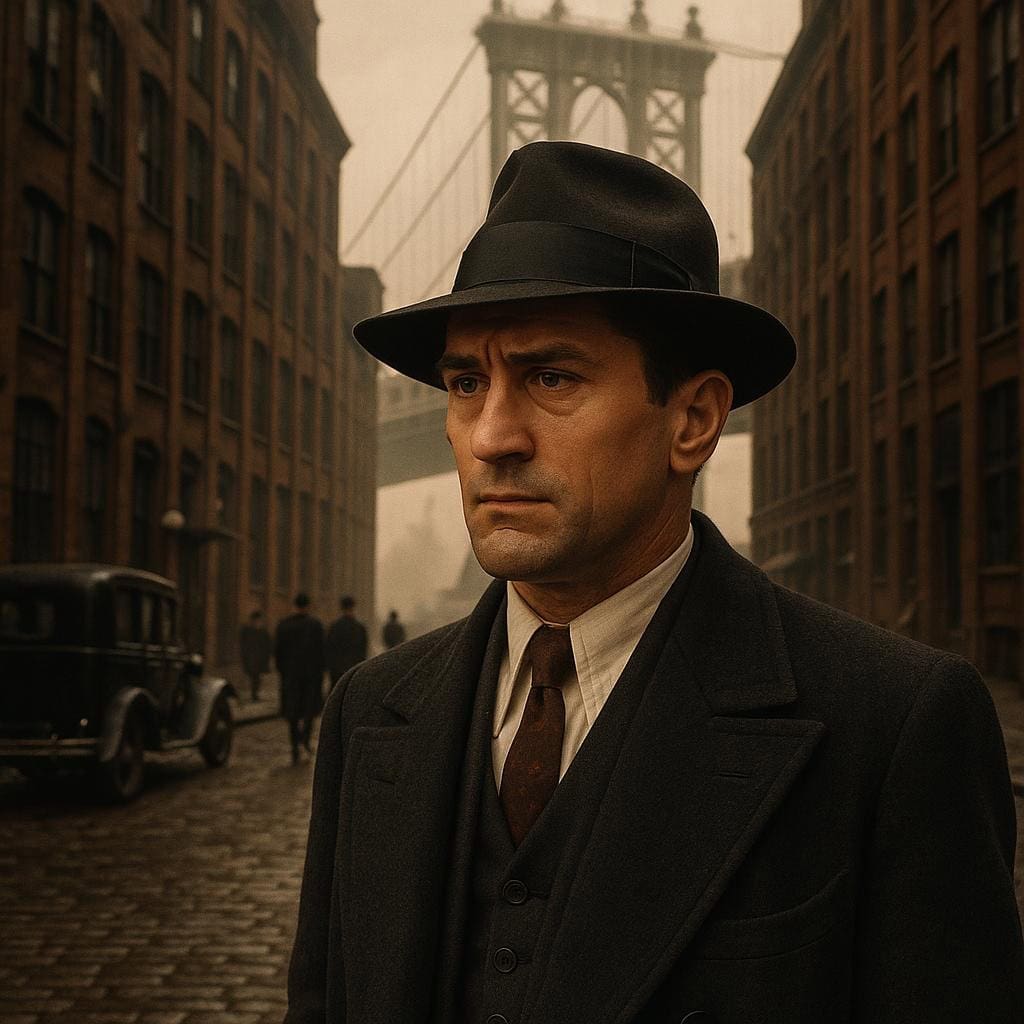
Once Upon a Time in America is a 1984 epic crime film directed by Sergio Leone, with a runtime of 229 minutes in its European cut. The film’s narrative intricately weaves through three distinct time periods—1918, 1933, and 1968—using flashbacks and dream sequences to explore themes of memory, betrayal, and the passage of time. (sensesofcinema.com) Robert De Niro delivers a compelling performance as David “Noodles” Aaronson, a character whose complex relationships and moral ambiguities are central to the film’s exploration of the American Dream.
4. Cleopatra (1963)
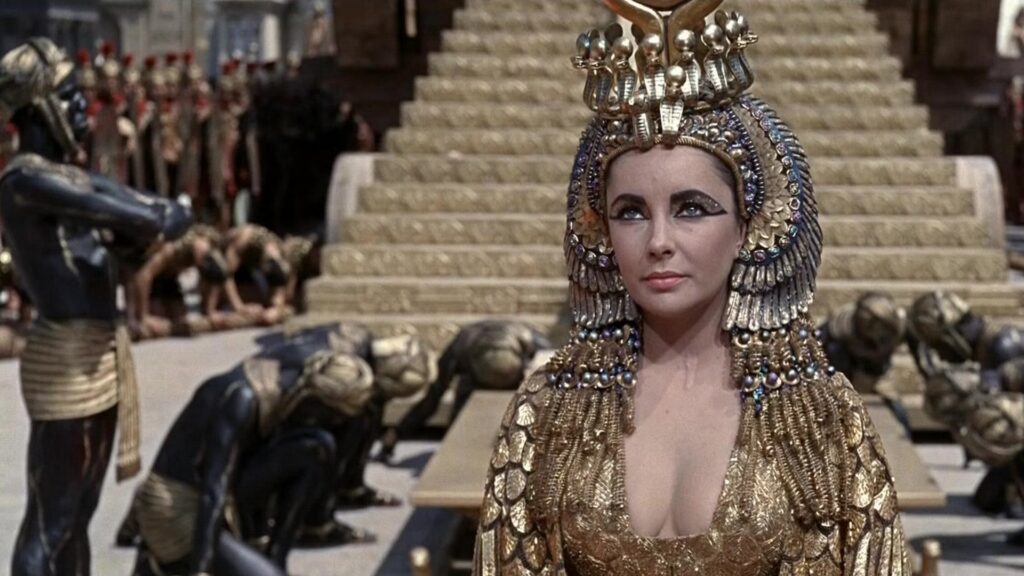
Cleopatra is a 1963 epic historical drama directed by Joseph L. Mankiewicz, with a runtime of 243 minutes. The film’s production was notorious for its lavishness and behind-the-scenes drama, including a significant budget overrun and the relocation of filming from London to Rome. (en.wikipedia.org) Elizabeth Taylor’s portrayal of the titular queen was marked by 65 costume changes, showcasing her iconic beauty and style. The film’s grandeur and Taylor’s performance have influenced subsequent historical dramas, setting a high standard for epic storytelling. (britannica.com)
5. Satantango (1994)
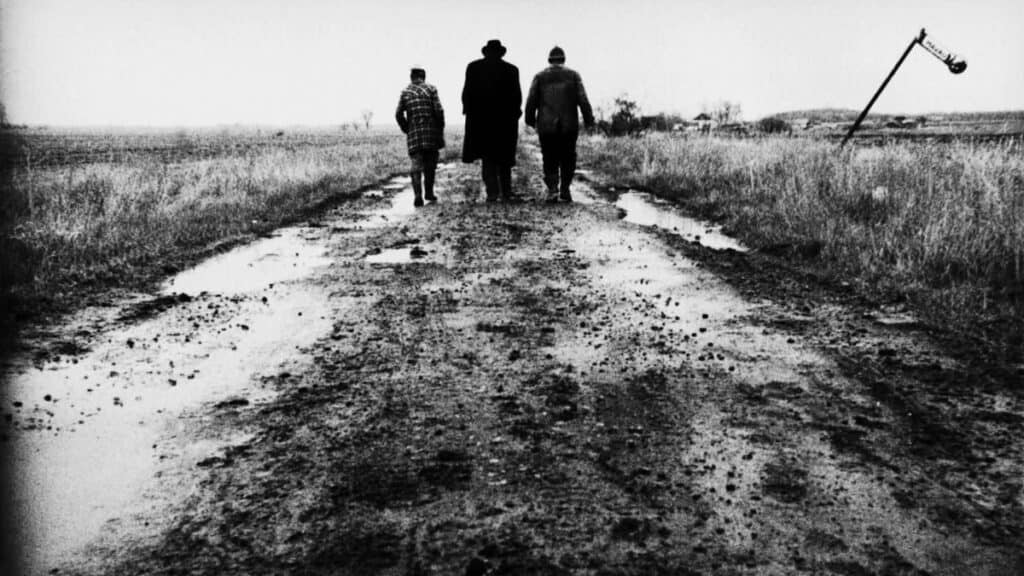
Satantango is a 1994 Hungarian epic drama directed by Béla Tarr, with a runtime of 439 minutes. The film is renowned for its minimalist style and long takes, with some sequences lasting up to ten minutes, creating a hypnotic and contemplative viewing experience. (villagevoice.com) This deliberate pacing, characteristic of slow cinema, invites viewers to immerse themselves fully in the desolate landscape and the lives of the characters, emphasizing the film’s themes of futility and despair. (collider.com)
6. Hamlet (1996)
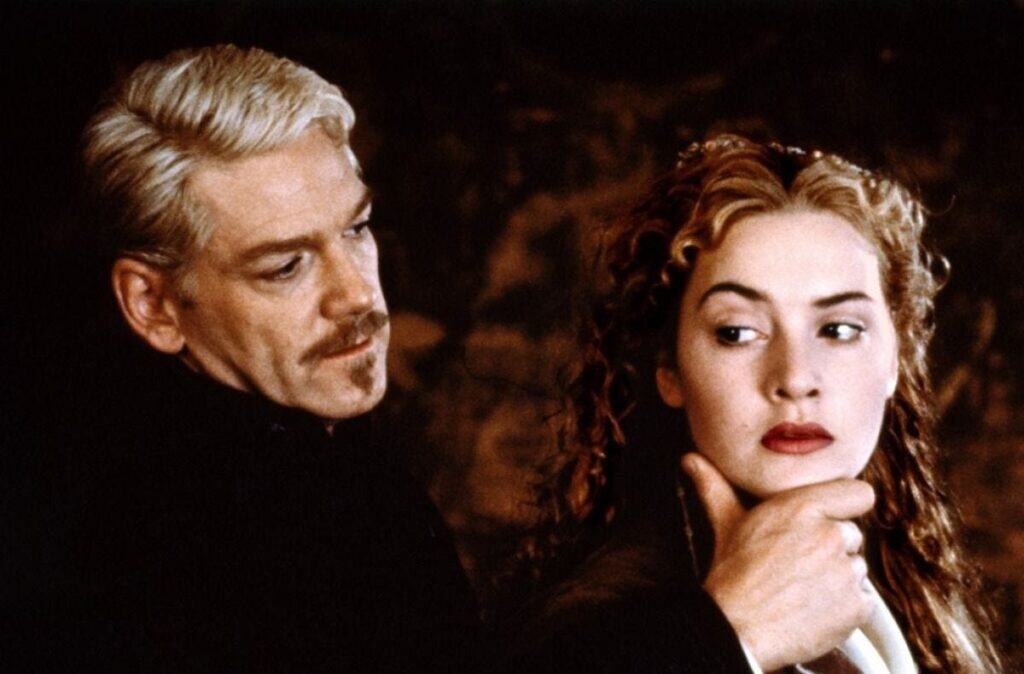
Hamlet is a 1996 British epic historical drama directed by Kenneth Branagh, with a runtime of 242 minutes. (en.wikipedia.org) This unabridged adaptation of Shakespeare’s play features a star-studded cast, including Branagh as Prince Hamlet, Julie Christie as Queen Gertrude, Kate Winslet as Ophelia, and Derek Jacobi as King Claudius. The film is renowned for its lavish production, vibrant 19th-century setting, and visual splendor, making it one of the most ambitious Shakespeare adaptations on film. (filmlinc.org)
7. War and Peace (1966)
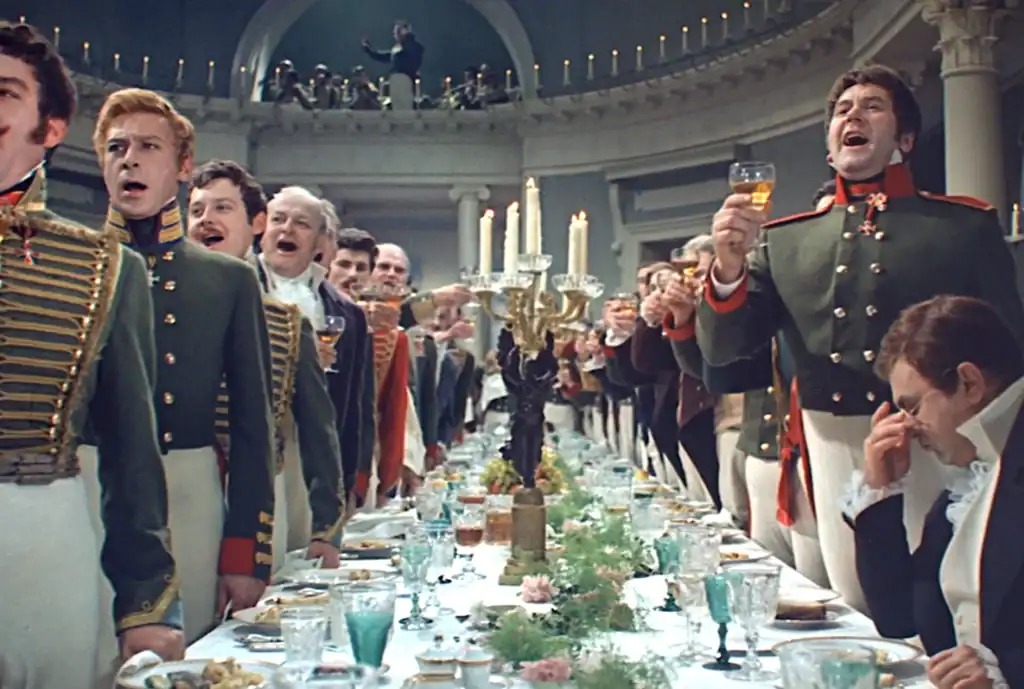
War and Peace is a 1966 Soviet epic historical drama directed by Sergei Bondarchuk, with a runtime of 431 minutes. The film is renowned for its massive battle scenes, grand scale, and historical authenticity. (tcm.com) It won the Academy Award for Best Foreign Language Film in 1969.
8. Fanny and Alexander (1982) – TV Version
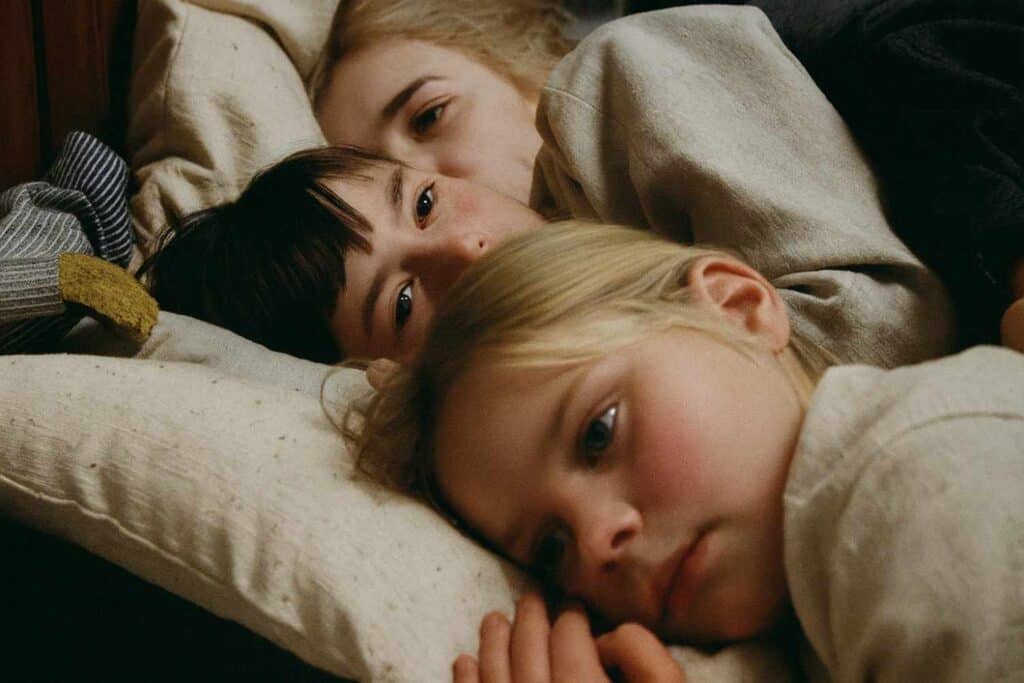
Fanny and Alexander is a 1982 Swedish film directed by Ingmar Bergman, originally conceived as a television miniseries with a runtime of 312 minutes. The theatrical version, released earlier, is 188 minutes long. (criterion.com) The TV version delves deeper into the Ekdahl family’s dynamics, offering a more expansive narrative that includes additional scenes and character development, enriching the film’s exploration of family, identity, and the supernatural. (en.wikipedia.org)
9. The Godfather Trilogy (Epic Version)
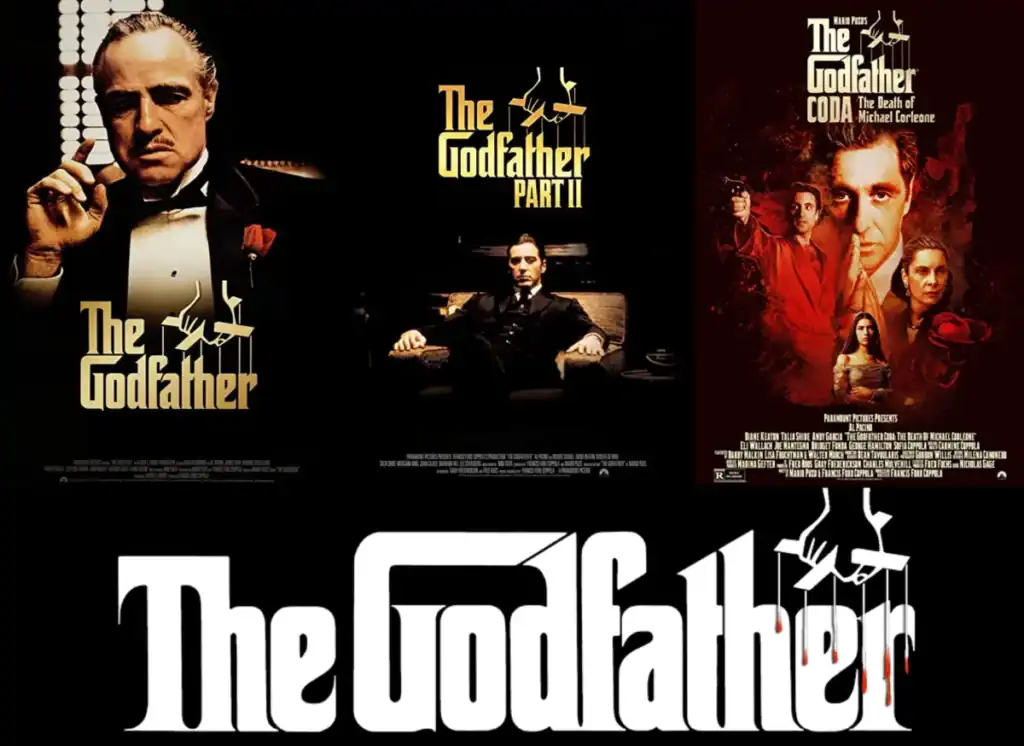
The Godfather Trilogy: 1901-1980 is a 1992 compilation directed by Francis Ford Coppola, with a runtime of 583 minutes (9 hours, 43 minutes). This version re-edits the original three films into chronological order, providing a comprehensive view of the Corleone family’s saga. The extended runtime allows for a deeper exploration of character development and thematic elements, offering a richer experience of the grand narrative. (ew.com)
10. Shoah (1985)
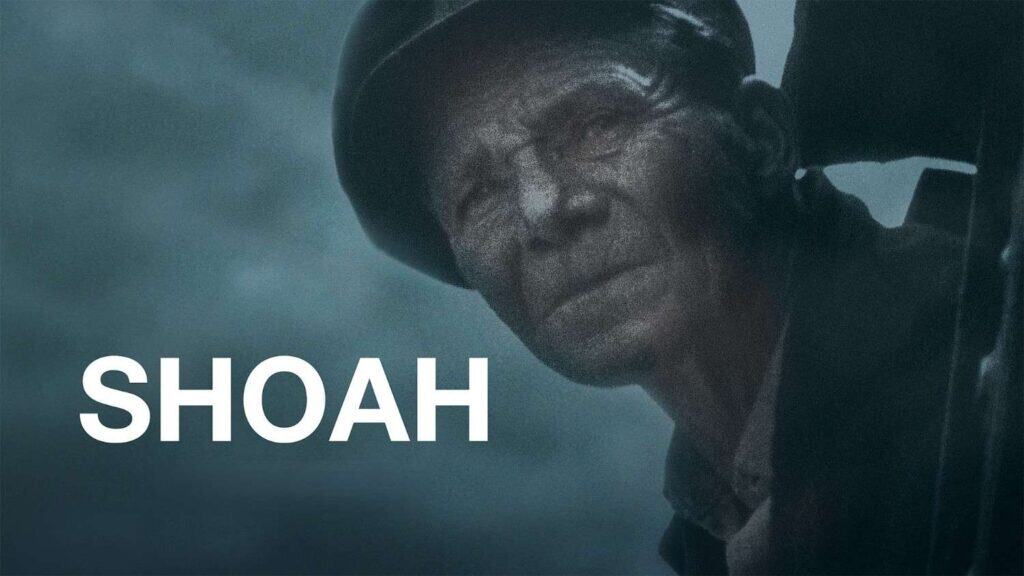
Shoah is a 1985 French documentary directed by Claude Lanzmann, with a runtime of 566 minutes. The film is renowned for its in-depth interviews with survivors, witnesses, and perpetrators of the Holocaust, conducted over a period of eleven years. (jmberlin.de) Lanzmann’s decision to exclude archival footage and focus solely on personal testimonies has been praised for its profound impact and authenticity. The documentary has been lauded as a monumental work in oral history and remembrance, unmatched in scope and emotional depth. (emanuellevy.com)
11. Carlos (2010) – Miniseries Cut
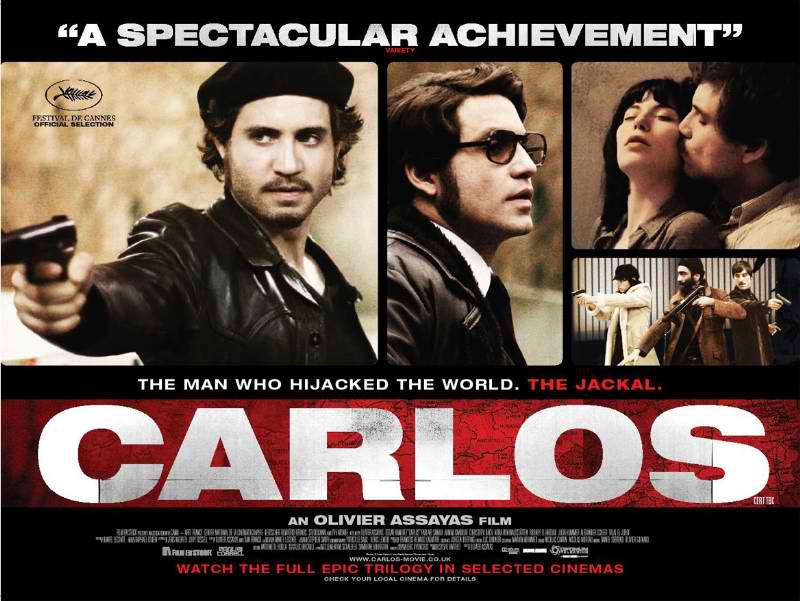
Carlos is a 2010 biographical miniseries directed by Olivier Assayas, with a runtime of 330 minutes. The series chronicles the life of Venezuelan revolutionary Ilich Ramírez Sánchez, known as Carlos the Jackal, from his early activities in the 1970s to his capture in 1994. (imdb.com) Filmed across multiple international locations, including Austria, France, Germany, Hungary, Lebanon, and Morocco, the production captures the global scope of Carlos’s operations. The miniseries is noted for its dynamic storytelling and immersive cinematography, providing a comprehensive and engaging portrayal of its subject. (criterion.com)
12. Berlin Alexanderplatz (1980)
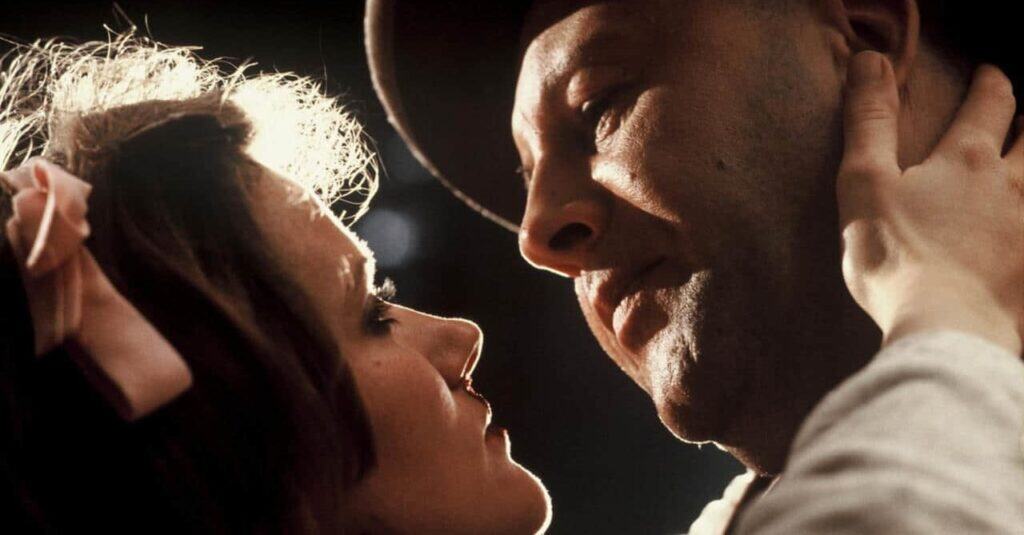
Berlin Alexanderplatz is a 1980 West German television miniseries directed by Rainer Werner Fassbinder, with a runtime of 894 minutes. (en.wikipedia.org) Adapted from Alfred Döblin’s 1929 novel, the series follows Franz Biberkopf, a man released from prison in 1920s Berlin, as he navigates the city’s tumultuous landscape. Fassbinder’s direction is noted for its psychological depth, capturing the complexities of human relationships and societal challenges. The series is also recognized for its modernist storytelling techniques, employing innovative narrative structures and visual styles. (tcm.com)
13. Napoleon (1927)
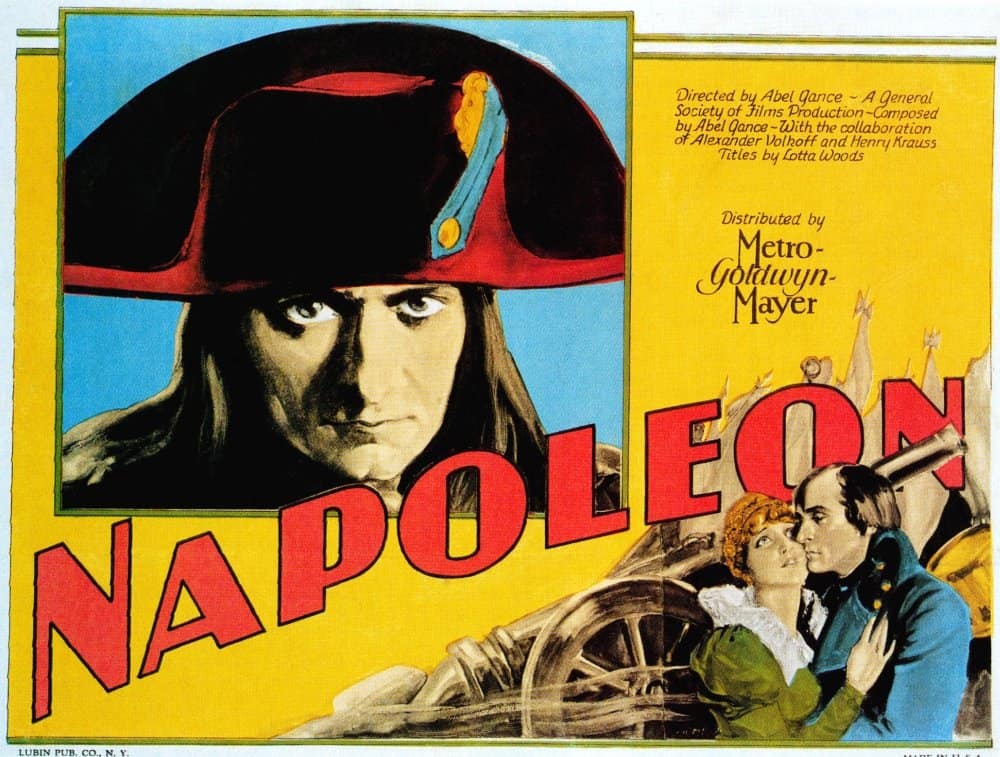
Napoléon is a 1927 French silent epic historical film directed by Abel Gance, with a runtime of approximately 5.5 hours. The film is renowned for its pioneering cinematic techniques, including rapid montage, superimposition, and the innovative Polyvision—a triptych projection system that expanded the screen to a 4:1 aspect ratio. These innovations have solidified its status as a monumental work in film history. (bfi.org.uk)
14. O.J.: Made in America (2016)
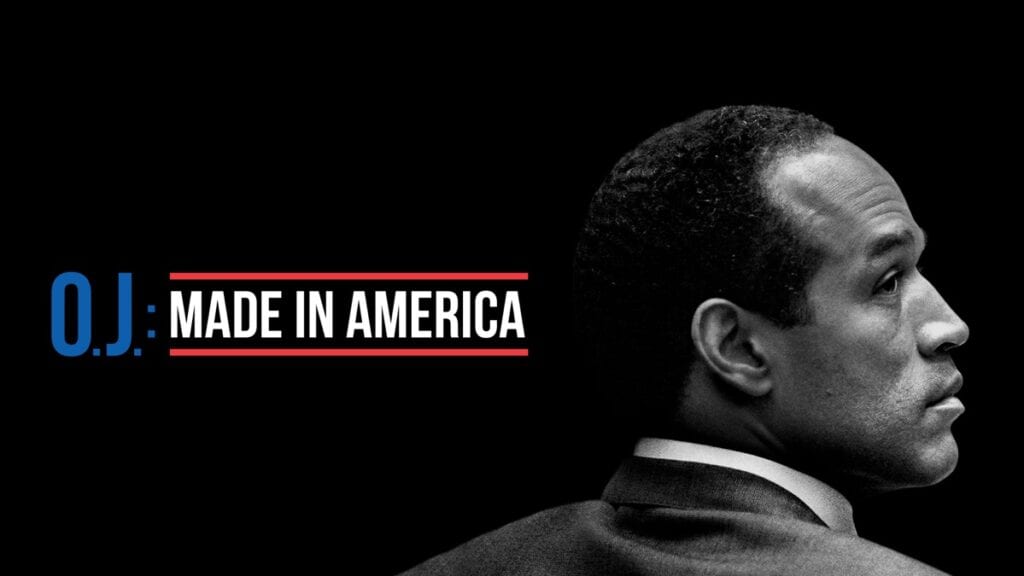
O.J.: Made in America is a 2016 American documentary directed by Ezra Edelman, with a runtime of 467 minutes. The film offers an in-depth exploration of race, celebrity, and justice in America through the life of O.J. Simpson. It received critical acclaim, winning the Academy Award for Best Documentary Feature in 2017. Additionally, it earned two Primetime Emmy Awards, including Outstanding Directing for Nonfiction Programming. (emmys.com)
Conclusion
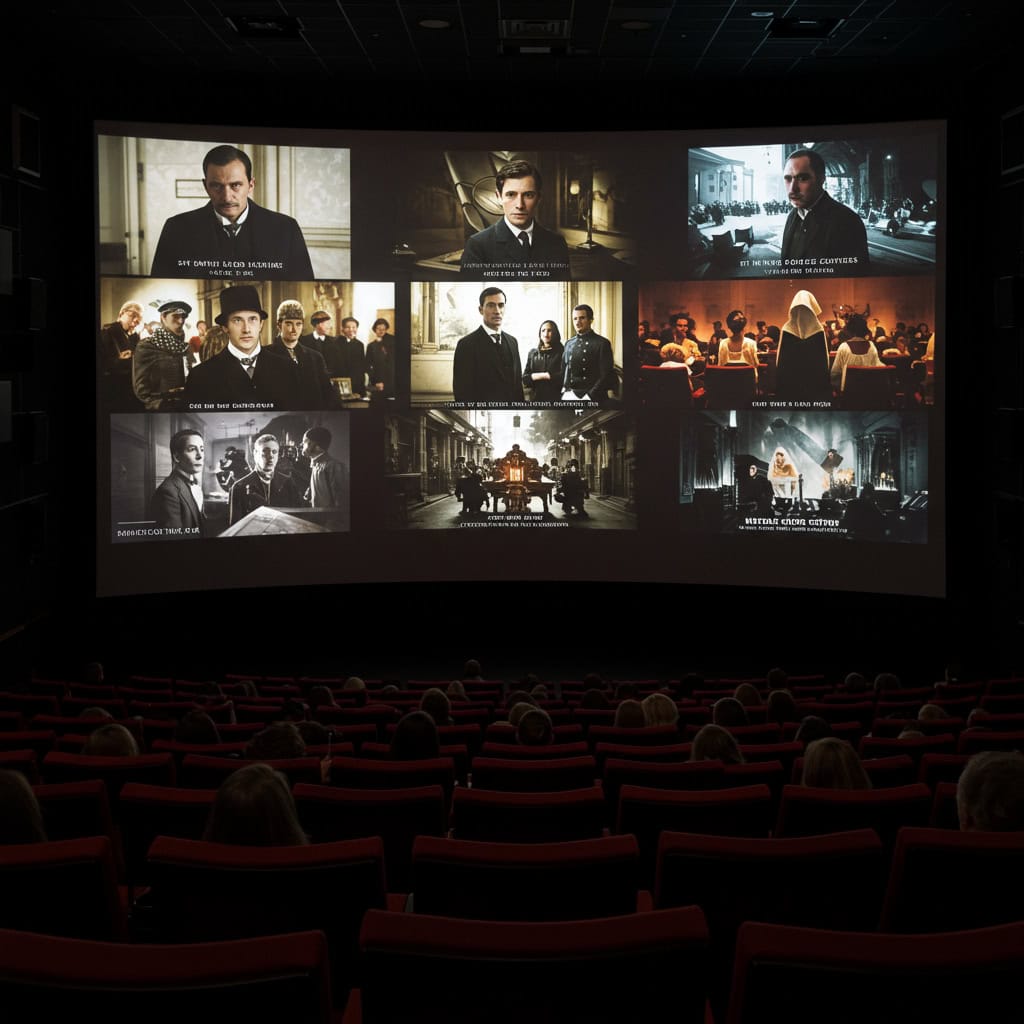
Ultra-long films offer a profound cinematic experience, inviting viewers to immerse themselves fully in expansive narratives and complex character developments. Engaging with these marathon-length works fosters a deeper appreciation for cinema as an art form, encouraging open-mindedness and patience. By embracing such films, audiences can explore diverse storytelling techniques and cultural perspectives, enriching their understanding of the world. This approach transforms movie-watching from a casual pastime into a meaningful journey of discovery and reflection.






